Chemical pumps, crucial equipment in industrial processes, face potential hazards when excessive vibrations occur during operation. This article delves into the potential hazards associated with vibration in chemical pumps and outlines preventive measures, aiming to enhance users' awareness of the safety aspects of pump operation.
1. Equipment Wear and Tear:
Excessive vibration in chemical pumps can accelerate the wear and tear of mechanical components, reducing equipment lifespan and increasing maintenance costs. Working under conditions of heightened vibration can lead to increased wear on critical parts such as bearings and seals, necessitating more frequent maintenance and replacements.
2. Energy Waste:
Vibrations in pump equipment can result in reduced energy conversion efficiency, lowering overall energy utilization. This not only increases production costs but also imposes an environmental burden. Therefore, minimizing vibrations contributes to improving energy efficiency.
3. Damage to Fluid Systems:
Excessive pump vibrations may cause pressure fluctuations in fluid systems, adversely affecting components such as pipes and valves. This can lead to issues like pipe leaks and ruptures, disrupting the stability of industrial processes.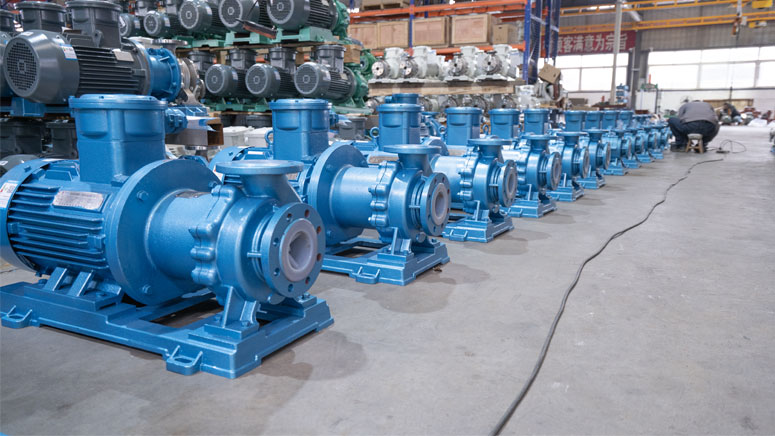
4. Safety Hazards:
Pump vibrations can trigger equipment loosening, detachment, or even tipping. This poses a threat not only to the normal operation of production processes but also to the safety of personnel and equipment.
5. Noise Pollution:
Increased vibrations contribute to higher levels of noise, impacting the surrounding environment. Prolonged exposure to noise pollution is not only detrimental to the health of workers but may also cause discomfort and complaints from nearby residents.
Preventive Measures:
Regular Inspection and Maintenance:Conduct periodic inspections of pump equipment, including the state of bearings, couplings, and seals. Timely maintenance and replacements are essential.
Balancing and Calibration:Employ professional balancing and calibration techniques to ensure the pump equipment maintains a balanced state during operation, reducing the likelihood of vibrations.
Proper Installation and Positioning:Ensure the pump equipment is installed in a reasonable position, implementing effective shock-absorbing measures to slow down the propagation of vibrations.
Optimization of Operational Parameters:Set pump equipment operational parameters based on production process requirements, avoiding overloading and excessive speed, which can contribute to vibration issues.
Through a thorough understanding of the potential hazards associated with vibrations and the implementation of preventive measures, chemical pumps can operate stably, extending equipment lifespan, reducing maintenance costs, and ensuring the smooth progress of industrial production.





 +86 18130251359
+86 18130251359 teflowpumps@tlpumps.com
teflowpumps@tlpumps.com

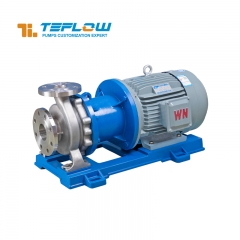
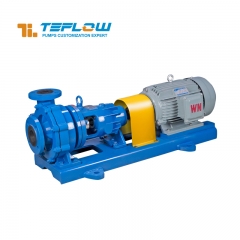
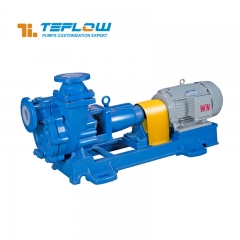
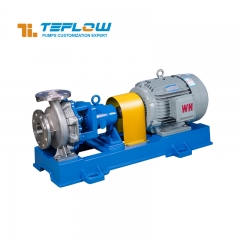








 +86+0563-5093318
+86+0563-5093318
